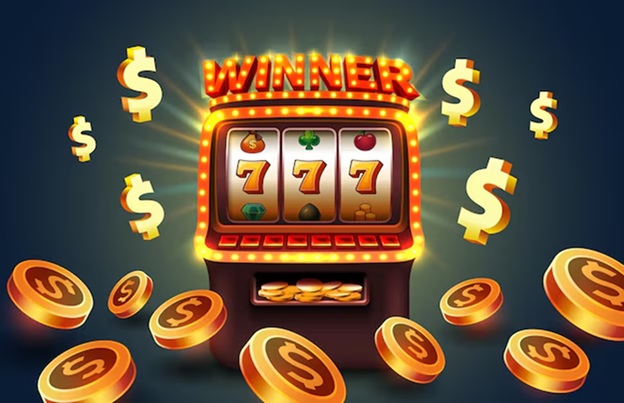The Role of NFTs in the Digital Economy

The Role of NFTs in the Digital Economy
NFTs, or Non-Fungible Tokens, have emerged as a revolutionary force in the digital economy, allowing for unique ownership of digital assets. From art to music to virtual real estate, NFTs are reshaping how we perceive ownership and value in the digital realm. As we delve into their role, we can’t overlook the technological advancements that make NFTs possible, such as blockchain and smart contracts. If you’re curious about how these technologies can enhance your experiences, check out the The Role of NFTs in Online Casino Rewards in 2025 megapari apk to explore more!
Understanding NFTs
At their core, NFTs are digital certificates of ownership secured on a blockchain, typically the Ethereum network. Unlike cryptocurrencies like Bitcoin, which are fungible and can be exchanged for one another, NFTs are unique and cannot be replaced or exchanged on a one-to-one basis. This uniqueness is what gives NFTs their value, as they can represent ownership of specific items or content in the digital space.
The Cultural Impact of NFTs
NFTs have significantly impacted the cultural landscape, particularly in the art world. Traditional art has long been associated with physical pieces that can be bought and sold, but NFTs have introduced a new paradigm. Artists can now create digital artworks that are verifiable and traceable on the blockchain. This allows artists to sell their work directly to consumers and retain royalties on future sales, drastically changing the economics of art ownership.
NFTs in the Gaming Industry
The gaming industry is another sector that has embraced NFTs, creating new opportunities for players and developers alike. NFTs can represent in-game items, skins, or even characters, enabling players to truly own their digital assets. This has led to the rise of play-to-earn models, where players can earn real-world value from their in-game activities. For example, games like Axie Infinity allow players to breed, raise, and battle creatures called Axies, with each one represented as an NFT that can be bought, sold, or traded.

Challenges and Criticisms of NFTs
Despite the promising potential of NFTs, they have faced significant criticism and skepticism. One major concern is the environmental impact of blockchain technology, particularly proof-of-work systems that consume vast amounts of energy. Critics argue that the carbon footprint associated with minting NFTs is detrimental to the environment. Furthermore, the speculative nature of the NFT market has led to significant price volatility, with some investors expressing concerns about the sustainability of investing in digital assets.
The Future of NFTs
Looking ahead, the future of NFTs appears intriguing yet complex. As technology evolves and more people understand blockchain, it is likely that their applications will continue to expand. Industries such as music, fashion, and real estate may leverage NFTs to create unique experiences and ownership models. For instance, musicians can sell their albums as NFTs directly to fans while embedding exclusive content, such as concert tickets or behind-the-scenes content, directly in the purchase.
Regulatory Considerations
The regulatory landscape surrounding NFTs is still developing. Governments and regulatory bodies around the world are beginning to take notice, raising questions regarding taxation, copyright, and consumer protection. As NFTs become more mainstream, it will be crucial for creators, investors, and platforms to navigate this evolving legal framework to ensure compliance and protect their rights.
Conclusion
In conclusion, NFTs represent a significant innovation in the digital economy, creating new opportunities for ownership, creativity, and engagement across various sectors. While challenges and criticisms abound, the potential for growth and transformation is undeniable. As we continue to explore this brave new world of digital asset ownership, it will be vital to address sustainability and regulatory issues while embracing the creative possibilities that NFTs unlock.
